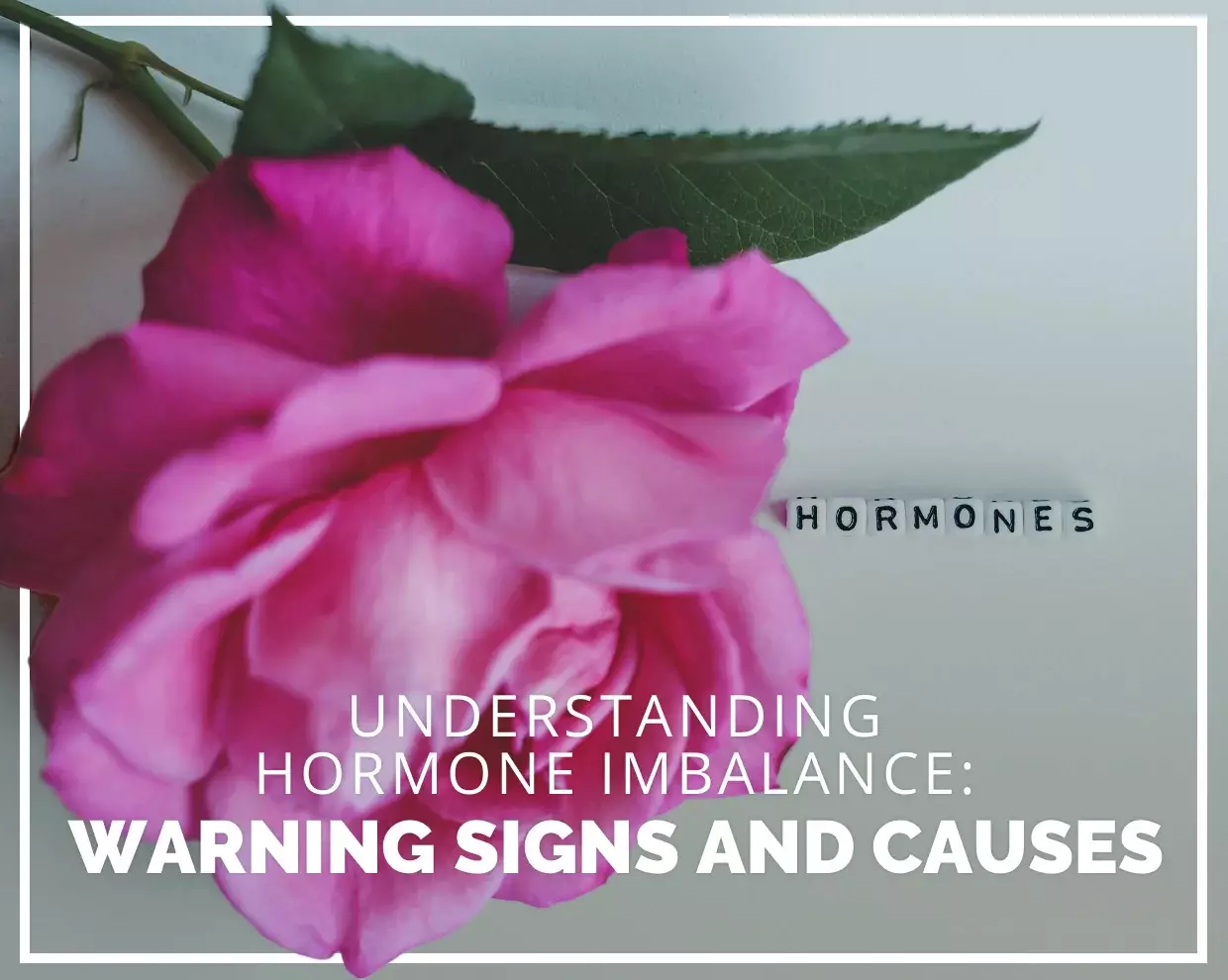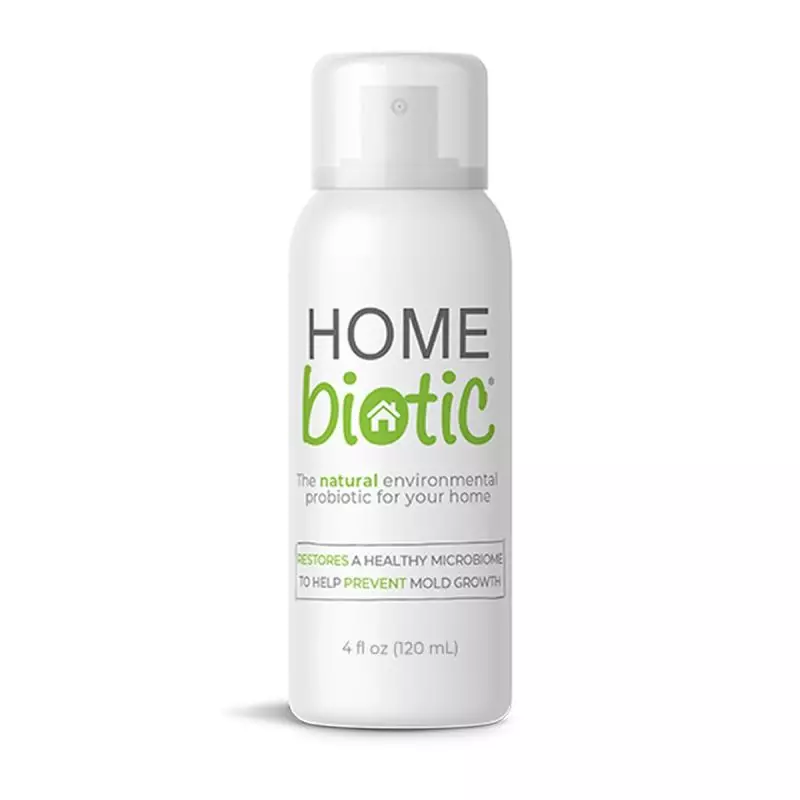The human body is a collective mass of over 50 trillion cells. But have you ever wondered how the cells of our head communicate to trigger physiological changes to the cells at our toes?
By ancient, intelligent design, electrical impulses and hormones have regulated our bodily functions' homeostasis (balance). Hormones are the chemical messengers that are produced by glands and tissues in the endocrine system, such as the brain, throat, kidneys and sexual organs; they are responsible for regulating metabolism, growth and development, mood, and reproduction. Hormones travel through the body's highway system (aka the bloodstream) to target tissues, where they bind to specific receptors and trigger a particular response.
But what happens when this delicate system is disrupted?
What happens when we experience a hormonal shift?


Do you recall the awkward giddy years of teenagehood? This is an example of developmental hormonal imbalance. Other sources of hormonal change can be stress, poor diet, eating disorders, injury or trauma, hormone therapy, medical conditions and more. In the United Kingdom, some of the most common medical hormone imbalances include thyroid disorders, polycystic ovary syndrome PCOS, adrenal gland problems, andropause (male menopause), menopause, insulin resistance and diabetes. Hormonal imbalances occur when hormone levels are not balanced: either from too much or too little of a particular hormone. It can significantly impact a person's physical and emotional well-being.
In other cases, external factors such as cancer treatments, certain medications and birth control pills can also wreak havoc on the hormone balance.
Finding the root cause of hormone disruption can be difficult, but the first place to start is by becoming aware. Read on to understand the warning signs of a hormonal imbalance so you can take proactive measures to overcome it and maintain optimal health.


Here are ten warning signs that may indicate a hormonal imbalance.
- Fatigue. A hormonal imbalance can cause fatigue and a lack of energy, making it difficult to get through the day. This occurs more particularly in the adrenal and thyroid glands.
- Mood swings. Hormonal imbalances can cause mood swings and irritability, making it difficult to maintain healthy relationships and handle stress.
- Weight gain. Hormonal imbalances can lead to weight gain, particularly in the abdominal area, increasing the risk of developing heart disease and diabetes.
- Insomnia. Hormonal imbalances can cause sleep disturbances, making it difficult to get the restful sleep needed to feel refreshed and energised.
- Skin changes. Hormonal imbalances can cause skin changes, including acne and dry skin, impacting self-esteem and confidence.
- Digestive problems. Hormonal imbalances can cause digestive issues, including bloating, constipation, and diarrhoea, impacting overall well-being.
- Painful menstrual cycles. Hormonal imbalances can cause painful menstrual cycles, making it challenging to go about daily life and work.
- Decreased libido. Hormonal imbalances can cause a decrease in libido, making it difficult to enjoy physical intimacy and feel sexually satisfied.
- Hair loss. Hormonal imbalances can cause hair loss, which can be physically and emotionally distressing.
- Brain fog. Hormonal imbalances can cause brain fog, making it difficult to focus and be productive.
Does this sound familiar? You may be a part of the millions of people quietly suffering from undiagnosed hormone imbalance.
Common Types of Hormone Imbalances
Adrenal Hormone Imbalances
Adrenal fatigue is a condition in which the adrenal glands are not producing enough hormones to meet the demands of stress. Anyone experiencing high-stress levels can tell you the feelings of tiredness, weakness, and fatigue they experience on a day-to-day basis. Adrenal fatigue can also make sleeping difficult, trigger depressive symptoms, lower blood pressure, and weaken the immune system.[1]
Thyroid Hormone Imbalances
The thyroid gland produces hormones that regulate metabolism. If the thyroid gland is overactive or underactive, it can lead to conditions such as hyperthyroidism or hypothyroidism.
Hypothyroidism or an underactive thyroid gland can lead to a slowed metabolism and fatigue. This happens due to two hormones, triiodothyronine (T3) and thyroxine (T4), which determine how quickly the body burns energy. When the thyroid gland doesn't produce enough of these hormones, the metabolism functions slower, providing the body with a staggered energy supply. Their reduction can also cause the heart to beat more gradually, which decreases the circulation of oxygen and nutrients to the body's cells. A decrease in T3 and T4 means fewer cellular enzymes in energy production, so the body's ability to absorb and use oxygen diminishes.[2]
Insulin Imbalances
Insulin is a hormone that regulates blood sugar levels. When the body becomes resistant to insulin, it can lead to type 2 diabetes.
Estrogen Imbalances
Estrogen is a female sex hormone that plays a role in reproductive health, bone density, and cardiovascular health. When there is too much or too little estrogen in the body, it can lead to conditions such as polycystic ovary syndrome (PCOS) or endometriosis.
Testosterone Imbalances
Testosterone is a male sex hormone that also plays a role in female reproductive health. When there is too much or too little testosterone in the body, it can lead to conditions such as polycystic ovary syndrome (PCOS) or low libido.
What hormone imbalance causes weight gain and acne?
A common hormonal imbalance that can cause weight gain and acne is polycystic ovary syndrome (PCOS).
PCOS is a hormonal disorder that affects women and is characterised by an imbalance of hormones such as testosterone, estrogen, and insulin. This hormonal imbalance can lead to the formation of cysts on the ovaries, irregular menstrual periods, and an increase in weight. Increased testosterone levels can also cause acne and hirsutism (excess hair growth).[3]
Hypothyroidism may contribute to the development of acne in several ways. First, the thyroid gland produces hormones crucial in regulating metabolism, including the turnover and shedding of skin cells. This can lead to a buildup of dead skin cells on the skin's surface, clogging pores and contributing to the development of acne.
Hypothyroidism can also affect sebum production, the oil that helps lubricate the skin. A decrease in sebum production can result in dry, flaky skin. Still, in some cases, it can also lead to an overproduction of sebum, which can contribute to the development of acne.[4]


Strategies to overcome hormone imbalances.
There are several strategies to overcoming hormone imbalances, including lifestyle changes, dietary changes, and medical interventions.
- Stay current with the latest chemical alerts from The California Office of Environmental Health Hazard Assessment website [5], which provides the public with information on chemicals, products and places often associated with cancer, birth defects or other reproductive harm.
- Remove toxic cleaning products from your home and choose natural alternative product ranges such as Homebiotic.
- Lifestyle changes: Engaging in regular physical activity, getting enough sleep, and managing stress through mindfulness practices or therapy can help to regulate hormones and improve overall health.
- Eat seasonal and organic produce where possible. Check out your local farmer's market, ask for pesticide- and herbicide-free produce, and feed your family directly from farm to table.
- Avoid phthalates and bisphenol A (BPA) in your plastic wraps. Instead, go plastic-free with beeswax wraps or vegan wax food wraps.
- Minimise sugar intake to help balance hormones. Eating added sugar promotes insulin resistance, and fructose intake is linked to disruptions in the gut microbiome, ultimately leading to hormonal imbalances.
- Consider herbal support: Ancient indigenous people deeply understand the natural world and use their observations and experiences to develop traditional healing practices passed down through generations. Alitura Revitalize for example, contains powerful adaptogenic herbs: Organic Spirulina, Turmeric Extract, Gynostemma, He Shou Wu, Organic Reishi Mushroom, Organic Chaga Mushroom, Ashwagandha and Leucine to boost energy levels and your general wellbeing.
- Medical interventions: In some cases, hormonal imbalances, such as corrective hormone therapy or prescription medications, may require medical intervention.
- Understand your nutritional deficiencies. Supplements can help correct hormonal imbalances by providing the body with the necessary vitamins, minerals, and other nutrients to find balance. Not sure what you're missing? Talk to one of our health coaches.
To effectively address a hormone imbalance, it is important to address the root cause of the imbalance and make changes to your lifestyle, diet, and health habits. Take a read of our health report: "Root cause protocol", to learn more.
In conclusion, understanding the warning signs of hormonal imbalances is crucial for taking proactive measures to overcome them and maintain optimal health. By making lifestyle changes, such as engaging in regular physical activity, eating a balanced diet, and managing stress, and seeking medical interventions, when necessary, it's possible to regulate hormones and improve overall well-being.

 EU Store
EU Store  UK Store
UK Store NZ Store
NZ Store AU Store
AU Store











